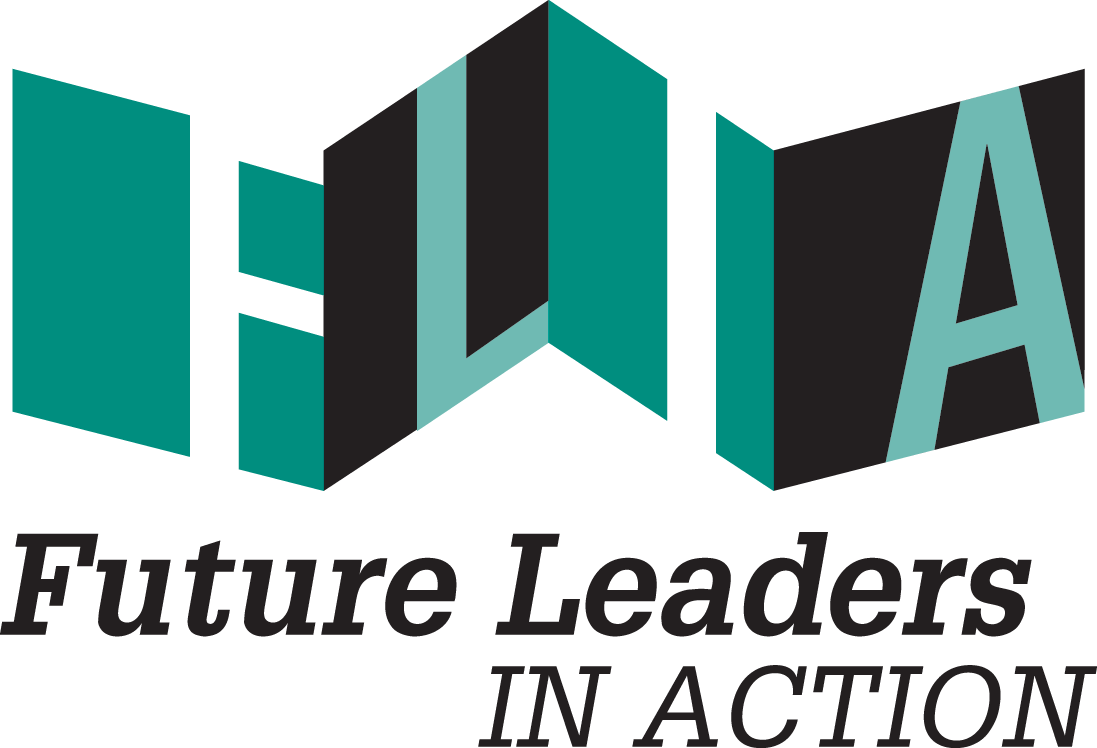My last term of college was filled to the brim with writing my thesis, tying up loose ends, and what seemed like endless goodbyes that I didn’t have any time to process what graduating meant. I was so caught up in cherishing my final days at school, I couldn’t be bothered to figure out where I wanted to live or what I wanted to do. I kept telling myself that after four years of trading sleep for studying and working year-round, that I should take some time off for myself.
For a few days I loved having nothing to do, but I quickly realized the butterflies in my stomach that I credited to the anticipation of an exciting summer, were actually a pit of anxiety from walking blindly into the unknown. This feeling only grew with each passing day of unemployment. Days were spent scrolling through job boards and applying to pretty much anything that I thought I slightly qualified for. Application after application, rejection after rejection, this unsettling feeling of failure loomed. I missed the comfortability and predictability I had established and the community of constant support I had found of friends, classmates, professors, and mentors. Self-doubt settled in, and any confidence I had in my abilities quickly escaped. I felt myself spiraling until I had lost sight of what I wanted to do.
The concept of “post-graduation depression” is not something I had ever heard of or predicted feeling in my post-collegiate days. But after experiencing it, I am surprised that this limbo state between academia and a career is not a common discussion. Psychologist Julia Fragra says the concept isn’t really talked about because “Graduation is like motherhood: culturally seen as a seemingly joyful time, which makes it even more shameful for someone to admit that it’s not.”
I wasn’t expecting a “dream job” right out of college, but I never thought navigating those initial few months after graduating would be so difficult. Mourning the loss of my college experience while simultaneously juggling job applications and rejections quickly made me lose faith in this job-search system. I was longing for meaningful work, but there seemed to be a disconnect between graduates and employers.
One lucky day, I found a posting for an Athletic Outreach Fellowship working with the Boys and Girls Clubs of Portland (BGCP). It seemed too good to be true, but I applied, interviewed, got offered the position, and never looked back. Organizations like Future Leaders in Action (FLIA) are the missing links to bridge this gap between graduating and joining the workforce.
These past few months of this fellowship have not only provided me with fundamental professional development and experience, but it set me up for success for wherever I may go next.
I am very proud of my work for the BGCP — creating a sustainable communications plan for their athletic programs. More than that, waking up every day and get to do meaningful work with people committed to making a difference was one of the most rewarding things I've experienced. I am most grateful for the lessons that FLIA and the BGCP have provided me. These are just a few:
Stay true to yourself. Learning how to be your authentic self while adjusting to a new environment is hard. Identifying your core values and strengths is an important first step in finding your place.
Learn to roll with the punches. The workforce is messy. The social sector is messy. The world is messy. Being able to adapt, learn, and move forward when conditions unexpectedly change will set you up for success.
You’re there for a reason. I’m the first to doubt myself, but if this fellowship has taught me anything, it’s to trust that I know what I’m doing and to trust my knowledge and have confidence in my abilities.
This fellowship was a light at the end of the tunnel, and now that I’ve reached the other side I feel confident in my abilities, see the strength in myself, and am ready for the next step. No longer walking blindly, I can see the road ahead.


